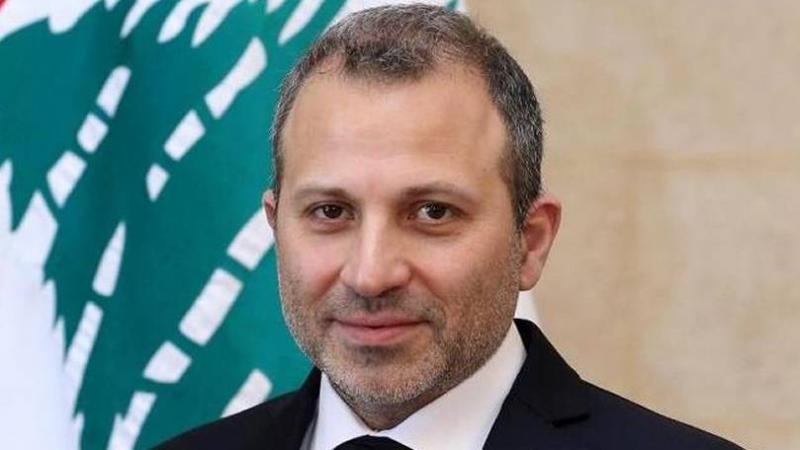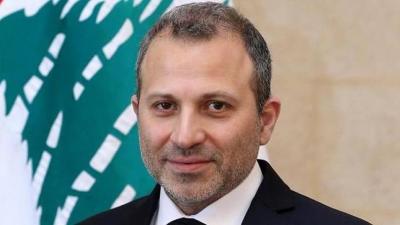Noise without substance. This is how the multiple movements initiated by the leader of the "Free Patriotic Movement," Gebran Basil, were addressed in Beirut amidst the ongoing presidential crisis, marked by maneuvers during the remaining time before a potential solution materializes, either through political exhaustion that precedes financial decay leading to a rapid deterioration in living conditions or via an external "intervention" taking the form of a settlement that must navigate the obstacles posed by influential regional and international powers in Lebanon.
Although Beirut is still in the festive mood of the Christmas holiday that continues into the New Year, reports reveal that Basil, who had a meeting with the leader of the "Progressive Socialist Party," Walid Jumblatt, on the eve of the holiday, also held two meetings with Prime Minister Najib Mikati and the head of the "Maronite Movement," Sleiman Frangieh, in recent days. This contributed to breaking the monotony of the political scene but did not reflect a new dynamic related to the presidential elections that could be built upon to anticipate a breakthrough in the thick wall of the crisis.
According to well-informed circles in Beirut, Basil's meetings with both Mikati and Frangieh, arranged through a businessman who played roles during the 2016 presidential settlement and afterward, as well as his meeting with Jumblatt, are nothing more than public relations efforts. These meetings enabled the head of the "Free Patriotic Movement" to give the impression that he is not isolated and can connect with Druze, Sunni, and even within the Christian environment, while simultaneously sending messages to "Hezbollah" amidst the deep divergence between them regarding the presidential elections, signaling that he can manage this file within "special" margins and "pure" calculations that solely consider the interests of his movement and its vision for the coming phase and its position therein.
The circles asserted that what strengthens the belief that Basil's meetings with Mikati and Jumblatt were not part of a coordinated process of give-and-take leading to rebuilding trust and establishing a political and presidential "harvest" is that the head of the "Free Patriotic Movement" did not offer anything in return for these meetings. Rather, he "won the appointments" and held the caretaker government and its meetings hostage to his stance that its convening is unconstitutional in the absence of a president, tying the signing of a decree to release social aid for military personnel to the agreement of all 24 ministers. He maintained his refusal to sign a proposal to delay the retirement of Army Chief of Staff General Amin Alesh and Military Inspector General General Milad Isaac, who retired on the 24th and 25th of this month.
As for the meeting with Frangieh, the actual candidate for the presidency from "Hezbollah," it was emphasized that it was more "social" than political, as reports indicated that the head of the "Maronite Movement" deliberately avoided discussing the presidential file. According to knowledgeable circles, this reflects that "Hezbollah," which has placed all its presidential cards in Frangieh's basket, had no role in the meeting, and that the head of the "Maronite Movement" is cautious of becoming "entangled" in paths that would not keep presidential authority in the party’s hands.
What exacerbates Frangieh's presidential unease is that Basil did not give any indication of a retreat from the announced veto on his election. There is information for "Al-Rai" indicating that the head of the "Free Patriotic Movement," when choosing between Frangieh and Army Commander General Joseph Aoun, prefers Frangieh but stipulates a promise from "Hezbollah" that he would be the "next" after six years. However, the party is not inclined to make promises to anyone.




